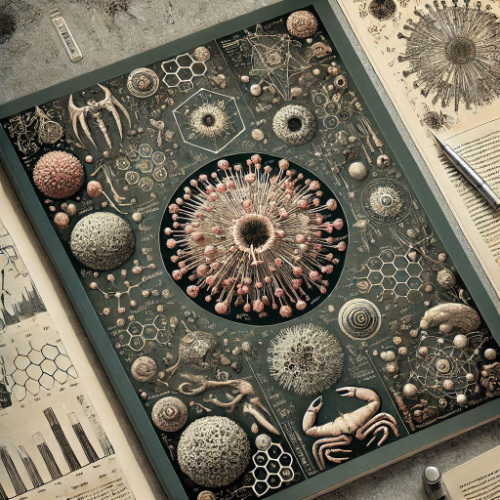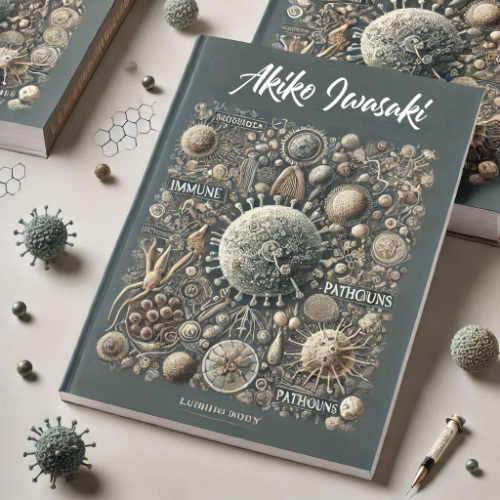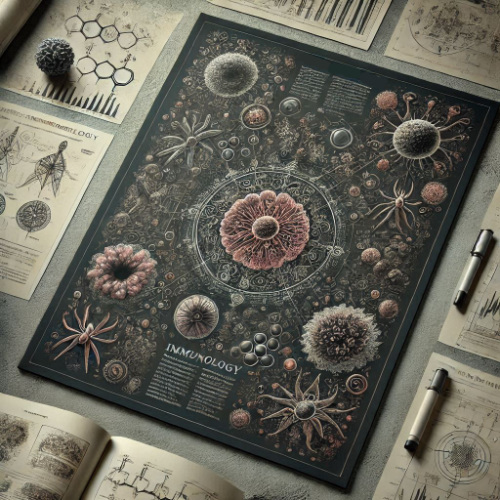Introduction
The immune system is a marvel of biological engineering, capable of protecting us from an array of pathogens while maintaining tolerance to our own tissues. Among its many components, mucosal immunity stands out as the body’s first line of defense against external threats. This article explores the unique characteristics of mucosal immunity, its significance, and its potential in advancing human health through innovative therapies and vaccines.
What Is Mucosal Immunity?
Mucosal immunity refers to the immune responses that occur at mucosal surfaces—thin, permeable membranes lining the respiratory, gastrointestinal, and urogenital tracts. These surfaces are constantly exposed to the external environment, making them primary entry points for pathogens such as viruses, bacteria, and fungi.
Mucosal tissues possess specialized immune structures, such as Peyer’s patches in the gut and nasopharynx-associated lymphoid tissue (NALT) in the respiratory tract, designed to detect and respond to invaders. The mucosal immune system operates through a combination of physical barriers, antimicrobial peptides, innate immune cells, and adaptive immune responses.
Key Components of Mucosal Immunity
Physical Barriers:
Mucus, a gel-like substance secreted by epithelial cells, traps pathogens and prevents their adherence to the epithelial surface. Tight junctions between epithelial cells act as an additional barrier, restricting microbial entry.
Innate Immune Cells:
Cells such as macrophages, dendritic cells, and neutrophils patrol mucosal surfaces, recognizing pathogens through pattern recognition receptors (PRRs) like Toll-like receptors (TLRs). These cells initiate rapid responses to contain infections and alert the adaptive immune system.
Secretory Immunoglobulin A (sIgA):
SIGA is a key antibody class produced at mucosal surfaces. It neutralizes pathogens without triggering inflammation, a critical feature given the proximity of mucosal surfaces to essential tissues.
Microbiota:
The diverse community of microorganisms residing in the gut and other mucosal sites plays a symbiotic role in maintaining immune homeostasis and competing with pathogens.
Latest Articles and Publications



Challenges of Mucosal Immunity
Despite its robustness, mucosal immunity faces unique challenges. Pathogens that evolve strategies to evade detection, such as influenza viruses and human immunodeficiency virus (HIV), can exploit mucosal tissues. Furthermore, maintaining immune tolerance to dietary antigens and commensal microbes while responding to pathogens requires a delicate balance.
Mucosal Vaccines: A Frontier in Immunology
Vaccination remains one of the most effective tools for disease prevention, and mucosal vaccines represent an exciting area of development. Unlike traditional injectable vaccines, mucosal vaccines are administered through nasal sprays or oral formulations, targeting immune responses directly at mucosal sites.
Key advantages of mucosal vaccines include:
- Localized Immunity: Enhanced production of sIgA at the site of pathogen entry.
- Ease of Administration: Non-invasive delivery methods improve patient compliance.
- Potential for Herd Immunity: Reduced transmission of respiratory and gastrointestinal pathogens.
My laboratory at Yale has been exploring mucosal vaccine platforms for respiratory viruses, including influenza and SARS-CoV-2. By utilizing nanotechnology and adjuvants tailored for mucosal delivery, we aim to develop vaccines that are both effective and scalable.
Sex Differences in Mucosal Immunity
Our research has also highlighted the role of biological sex in shaping mucosal immune responses. Women, for example, tend to mount stronger mucosal immune responses than men, a factor influenced by hormonal variations and genetic differences. These findings have profound implications for personalized medicine and vaccine design.
Future Directions
The study of mucosal immunity is rapidly advancing, thanks to innovations in imaging, single-cell analysis, and computational modeling. Future research will focus on:
- Microbiome-Immune Interactions: Understanding how the microbiota influences mucosal immunity and systemic health.
- Targeted Therapies: Developing biologics that modulate mucosal immune responses in diseases such as inflammatory bowel disease (IBD) and asthma.
- Universal Vaccines: Creating vaccines that provide broad protection against diverse pathogens by targeting conserved mucosal antigens.
Conclusion
Mucosal immunity is an elegant system that safeguards our most vulnerable interfaces with the environment. As we deepen our understanding of its mechanisms, we unlock new possibilities for preventing and treating diseases. From mucosal vaccines to microbiome-based therapies, the future of immunology promises transformative benefits for global health.
I am honored to contribute to this field and to collaborate with researchers worldwide who share a commitment to improving human health through scientific discovery. Together, we can harness the power of mucosal immunity to protect and heal.
- By Professor Akiko Iwasaki



